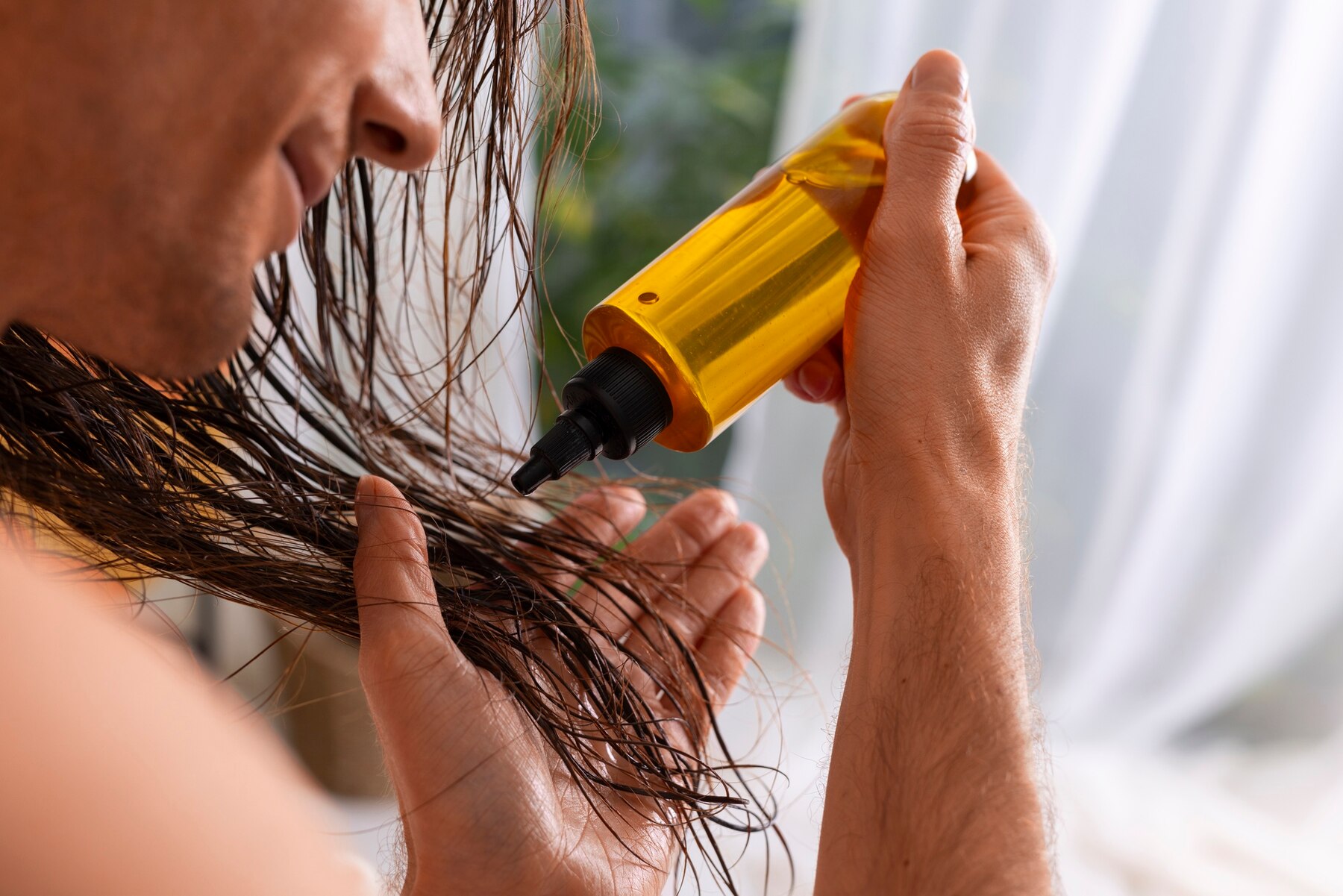
While castor oil has been used for skin care for decades, interest in it has spiked recently due to some social media attention. This is rather unsurprising, given how similar products have become more popular as well. So, given the renewed interest, what are the actual benefits of using it, and in what situations should it be avoided?
Castor Oil Has Its Benefits
Castor oil is a thick vegetable oil coming from the bean of the tropical castor plant. It has moisturizing fatty acids like linoleic, stearic, and ricinoleic acids that can boost hydration and are used to treat some skin conditions. It is common at drugstores and used in personal care products such as lotions.
Being a pure single-ingredient product, it’s very appealing to those who want to use “clean” skincare. There are many benefits ascribed to it, but despite having used it for decades, people don’t actually know a lot about it, and researchers have only recently started to put more serious efforts into learning about its properties.
Castor Oil Is Great for Moisturizing
Some research shows that the ricinoleic acid in castor oil has anti-inflammatory and antimicrobial effects. This research was based on lab experiments and computer simulations, so more data is still needed. While it’s difficult to conclude about these particular properties, there are other science-backed facts to consider when talking about its benefits.
One undeniable claim about castor oil is that it helps with moisturizing. It’s rich in fatty acids that act as moisturizers and, as a plant oil, it’s also occlusive and creates a barrier that prevents water from leaving the skin. Because castor oil is thick, it can be mixed with a carrier oil to make it easier to apply. Good choices for that are olive, almond, and coconut oil. It’s also great for relieving constipation when swallowed, as it is an FDA-approved stimulant laxative.
The Downsides of Castor Oil
However, castor oil isn’t necessarily right for everyone. Some people claim it can do wonders for eyelash growth, but science hasn’t found any evidence to support this. The only thing it can do for eyelashes is to keep them moisturized. There’s also some interesting research showing that it can be helpful when treating blepharitis that makes eyelashes fall out.

Just like with the eyelashes, people claim castor oil can benefit hair growth. While it’s great for moisturizing the scalp, there’s the danger of buildup on the scalp and triggering scalp acne along the hairline as it’s a heavier oil.